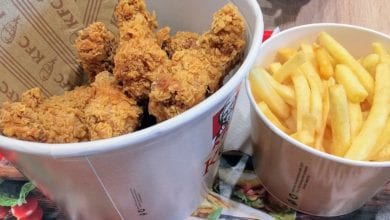Paul Grimshaw: ‘It’s our duty to teach young chefs about produce’
The managing director of New Covent Garden Market tells us about its initiative to teach the chefs-in-training of Westminster Kingsway Culinary College about the intricacies of British grown and imported produce

Can you tell us about the initiative to teach students of WestKing College about seasonal fruit and vegetables?







